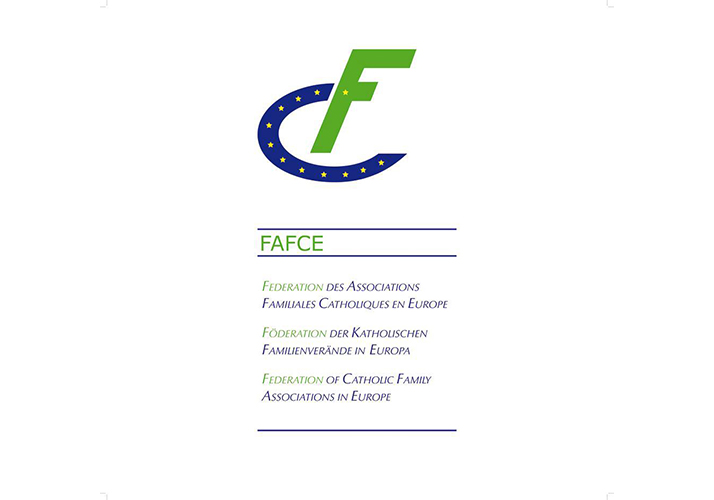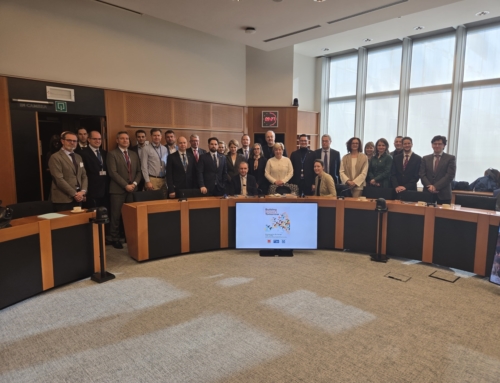FAFCE welcomes today’s rejection by the European Parliament of a proposal for a report on surrogacy, which could legitimise this practice.
In fact, the Legal Affairs Committee had demanded authorisation to start a report about this issue, from a point of view that could threaten human dignity, accepting a practice that is illegal in most EU Member States.
Earlier, in October 2016, another European institution, the Parliamentary Assembly of the Council of Europe, rejected a similar resolution, presented by the Belgian senator Petra De Sutter. Also, last month, the European Court of Human Rights confirmed that states have the right not to recognise parental links in the absence of biological ties, in the context of surrogacy contracts (Paradiso Campanelli vs. Italy).
On its turn, the European Parliament expressed clearly its position on this topic on its resolution about the Annual Report on human rights and democracy in the world 2014 and the European Union’s policy on the matter where it “considers that the practice of gestational surrogacy which involves reproductive exploitation and use of the human body for financial or other gain, in particular in the case of vulnerable women in developing countries, shall be prohibited and treated as a matter of urgency in human rights instruments”.
Today’s decision of the Conference of Presidents of the European Parliament is coherent with the opinion of other European institutions. In the framework of the international alliance to abolish surrogacy, FAFCE continues working so that this is the object of an international agreement aiming at fighting human trafficking by banning this practice.







